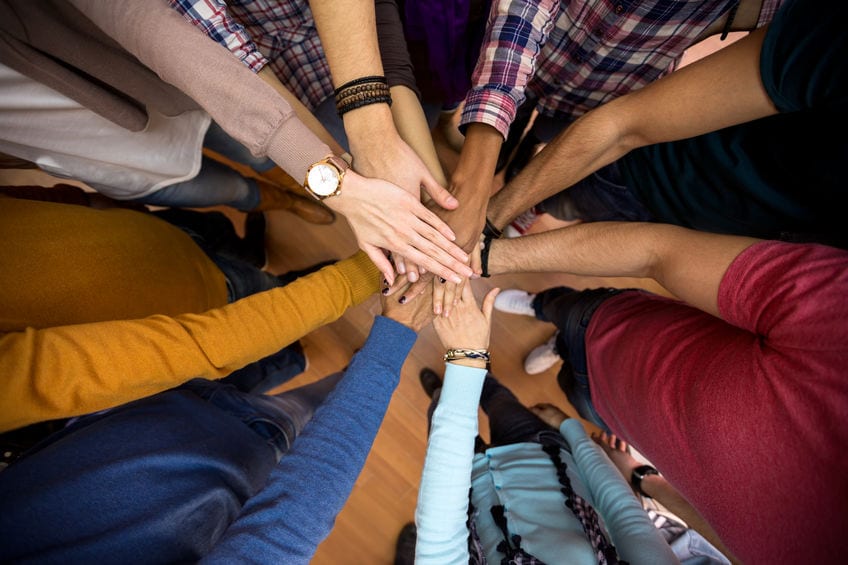 There’s a belief that when a person is going through recovery, they are experiencing a solo mission. They are running a marathon all by themselves. It’s them against the world. Of course, this isn’t true. Recovery isn’t a solo sport at all. Instead, it requires a coach and support members. It requires a recovery team. Those of us who work in recovery understand that it is a complete team sport and isn’t meant to be a lone journey.
There’s a belief that when a person is going through recovery, they are experiencing a solo mission. They are running a marathon all by themselves. It’s them against the world. Of course, this isn’t true. Recovery isn’t a solo sport at all. Instead, it requires a coach and support members. It requires a recovery team. Those of us who work in recovery understand that it is a complete team sport and isn’t meant to be a lone journey.
The path through recovery is one that requires a coach. Like any team sport, a coach is there to help guide the players, make plans and inspire the players to succeed. In recovery, you have professional recovery coaches who can help guide individuals through this journey. Professional recovery coaches offer support and help. They can help a person create goals and plans to help them through recovery.
Recovery also requires a support system. The person who is going through recovery should have people in their lives who act as teammates, offering support and help when they feel stuck. These teammates can keep them on track and pick them up when they’re down. These supporters are an incredibly important aspect of recovery.
A recovery team doesn’t have any limits to size and expectation. It can include medical professionals, bosses, and other people who are in recovery. Teams can be large. They can conform to what the person in recovery needs.
What’s most important is that the person does have a recovery team. Because recovery will be a lonely, difficult journey to try alone. It is a team sport, and is more successful when treated like one.
